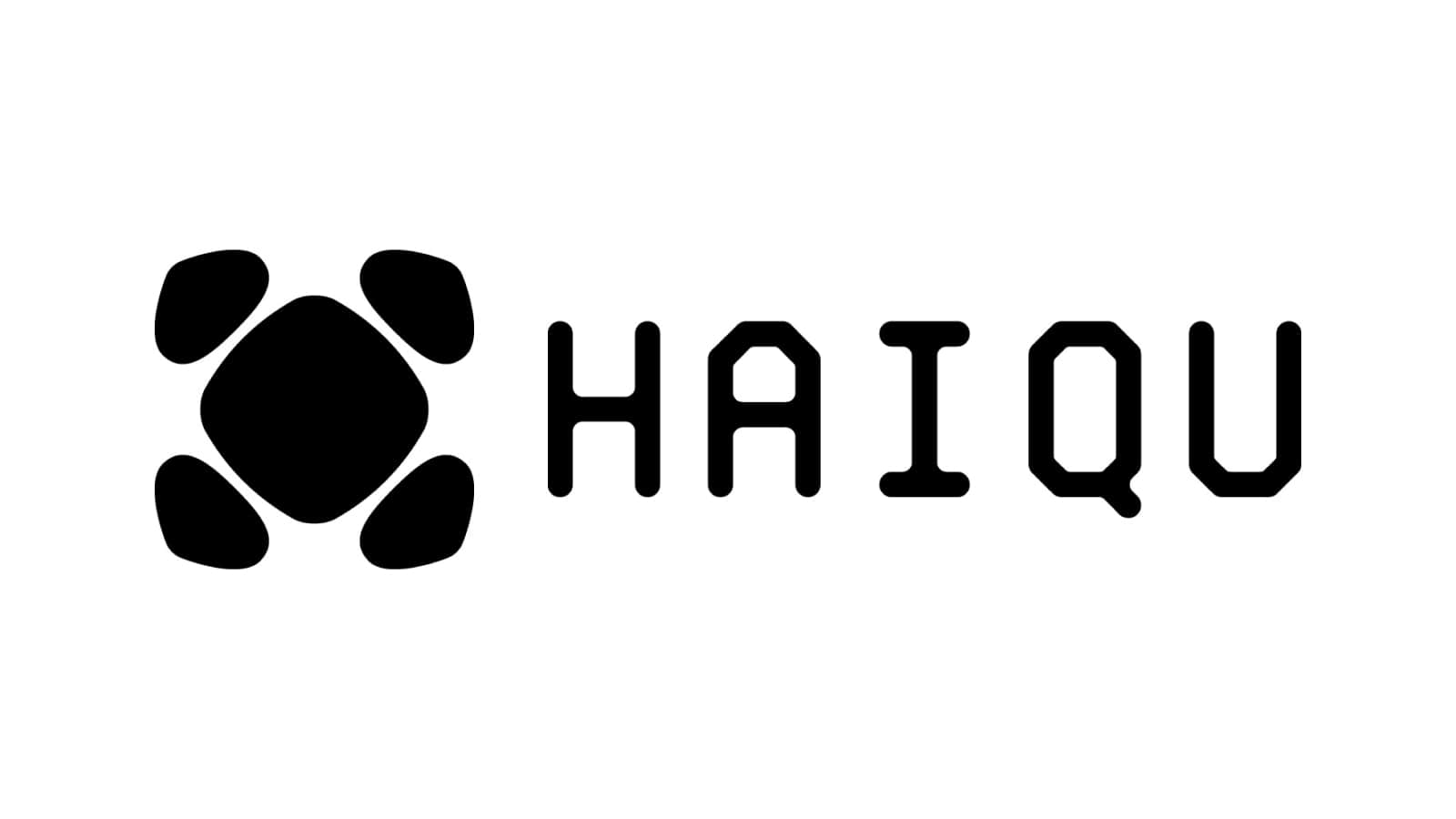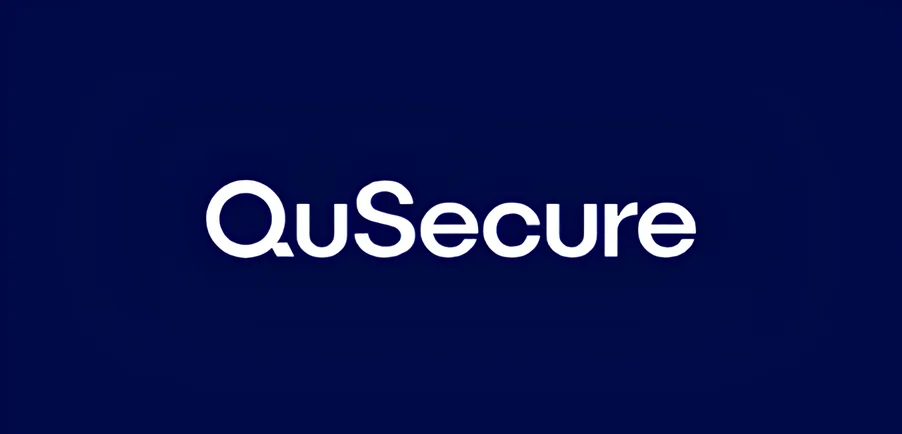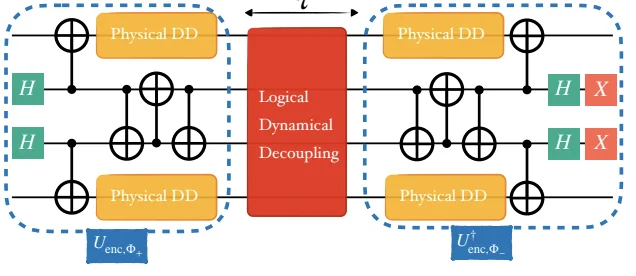Insider Brief
- Haiqu announces the release of its new open-source toolkit called Rivet.
- Rivet empowers developers with flexibility and performance in their quantum computing workflows by significantly reducing transpilation bottlenecks.
- The software provides the necessary tools to streamline workflows and run effective algorithms on quantum computers.
PRESS RELEASE — Haiqu, a quantum computing startup building enabling middleware, announces the release of its new open-source toolkit – Rivet. This new toolkit is made to help developers streamline the execution of a diverse set of modern quantum workflows, such as error mitigation and quantum machine learning.
Rivet helps developers overcome bottlenecks in transpilation – a key preparatory step before the execution of an algorithm on quantum hardware, which often takes a significant portion of execution time. With Rivet, the transpilation time for typical applications can go from many hours to just a few minutes.
The toolkit features enhance the modularity and flexibility of industry-standard transpilation software, allowing quantum developers to manage their computational resources better and optimize their research and prototyping cycles.

Tools for increased control and convenience are also included in Rivet’s software. These allow users to minimize the qubits used in their execution and debug their code with ease. Users can subdivide their algorithms and transpile the parts separately while maintaining correct relation to one another.
“Richard Givhan, CEO and Founder of Haiqu, commented: “In our QML research, we found that existing libraries do not allow for fast, controlled, and noise-aware transpilation of parametrized circuits. We developed Rivet internally to minimize the time/money spent on high-volume, high-quality transpilation. We are open-sourcing it to make others’ research a little more efficient.”
Haiqu’s Rivet allows users to select the transpiling stack of their choice, for their entire circuit or just a section. It currently supports Qiskit, BQSKit and Pytket, and will continue to expand its supported stacks. For more details on Rivet, you can find it on GitHub here.














